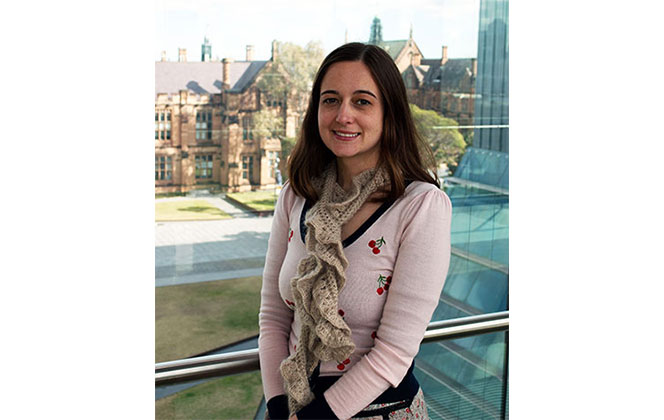Policing Normalcy: Sexual Violence Against Women Offenders with Disability
Wednesday, October 12, 2016, 12:30pm to 2:00pm
Ignat Kaneff Building, Room 2027
SPEAKER:
Dr. Linda Steele
University of Wollongong
Women designated with cognitive and psychosocial disabilities have poor justice outcomes when seeking legal redress in relation to their experiences of violence, with high attrition of complaints at various points throughout the criminal justice process. In this presentation, Dr. Linda Steele will focus on the criminal justice outcomes for one group of women designated as disabled who are considerably marginalised in society and in the criminal justice system: those who have had contact with the criminal justice system as offenders (‘women offenders designated as disabled’). Steele explores police responses to sexual violence reported by women offenders designated as having cognitive and psychosocial disabilities by reference to the critical disability studies analytical approach to disability as socially constructed ‘abnormality’. She will utilise this approach in analysing the recorded police contacts of one woman offender designated as disabled, ‘Jane’. Jane has had multiple contacts with police over a period of 15 years as a victim of sexual violence, alleged offender and ‘mentally ill’ person. She finds that through multiple contacts with police as victim, alleged offender and ‘mentally ill’ person the police events records build a narrative of Jane as an ‘abnormal’ body who is reduced to a drain on police and public health resources, a dishonest and nuisance offender and an attention seeker. Steele argues that it is the interlocking discourses of gender, disability and criminality that produce Jane as unworthy of victim status and, perversely, in need of punishment by the criminal justice system for her public displays of trauma, mental distress and requests for police assistance. She considers the implications of these findings for the Australian Royal Commission on Institutional Responses to Child Sexual Abuse which is presently considering criminal justice responses to perpetrators of institutional child sexual abuse. Steele’s article gestures towards additional criminal justice issues related to the subsequent criminalisation of the public displays of trauma and distress by those survivors of institutional sexual abuse who (possibly by very reason of their abuse in which the state was complicit) are disabled and have ongoing contact with the criminal justice system as offenders and under civil mental health legislation. Ultimately, Steele concludes that we need to give greater attention to the relationship between disability and affect in understanding police responses to violence against women offenders designated as disabled and in contesting these women’s status as ‘ungrievable’ victims of violence.
All are invited to attend. Lunch will be provided.
Kindly RSVP: www.osgoode.yorku.ca/research/rsvp
